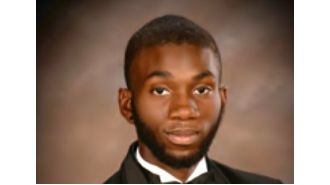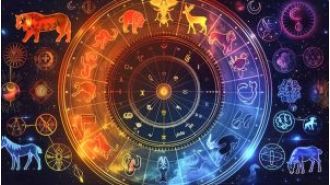Solitude and leadership – a few excerpts
A few excerpts that resonated from the speech of the week – “Solitude and Leadership” by William Deresiewicz.
So it’s perfectly natural to have doubts, or questions, or even just difficulties. The question is, what do you do with them? Do you suppress them, do you distract yourself from them, do you pretend they don’t exist? Or do you confront them directly, honestly, courageously? If you decide to do so, you will find that the answers to these dilemmas are not to be found on Twitter or Comedy Central or even in The New York Times. They can only be found within—without distractions, without peer pressure, in solitude.
Here’s the other problem with Facebook and Twitter and even The New York Times. When you expose yourself to those things, especially in the constant way that people do now—older people as well as younger people—you are continuously bombarding yourself with a stream of other people’s thoughts. You are marinating yourself in the conventional wisdom. In other people’s reality: for others, not for yourself.
You are creating a cacophony in which it is impossible to hear your own voice, whether it’s yourself you’re thinking about or anything else. That’s what Emerson meant when he said that “he who should inspire and lead his race must be defended from travelling with the souls of other men, from living, breathing, reading, and writing in the daily, time-worn yoke of their opinions.” Notice that he uses the word lead. Leadership means finding a new direction, not simply putting yourself at the front of the herd that’s heading toward the cliff.
So why is reading books any better than reading tweets or wall posts? Well, sometimes it isn’t. Sometimes, you need to put down your book, if only to think about what you’re reading, what you think about what you’re reading. But a book has two advantages over a tweet. First, the person who wrote it thought about it a lot more carefully. The book is the result of his solitude, his attempt to think for himself.
Second, most books are old. This is not a disadvantage: this is precisely what makes them valuable. They stand against the conventional wisdom of today simply because they’re not from today. Even if they merely reflect the conventional wisdom of their own day, they say something different from what you hear all the time. But the great books, the ones you find on a syllabus, the ones people have continued to read, don’t reflect the conventional wisdom of their day. They say things that have the permanent power to disrupt our habits of thought.
But it seems to me that solitude is the very essence of leadership. The position of the leader is ultimately an intensely solitary, even intensely lonely one. However many people you may consult, you are the one who has to make the hard decisions. And at such moments, all you really have is yourself.






